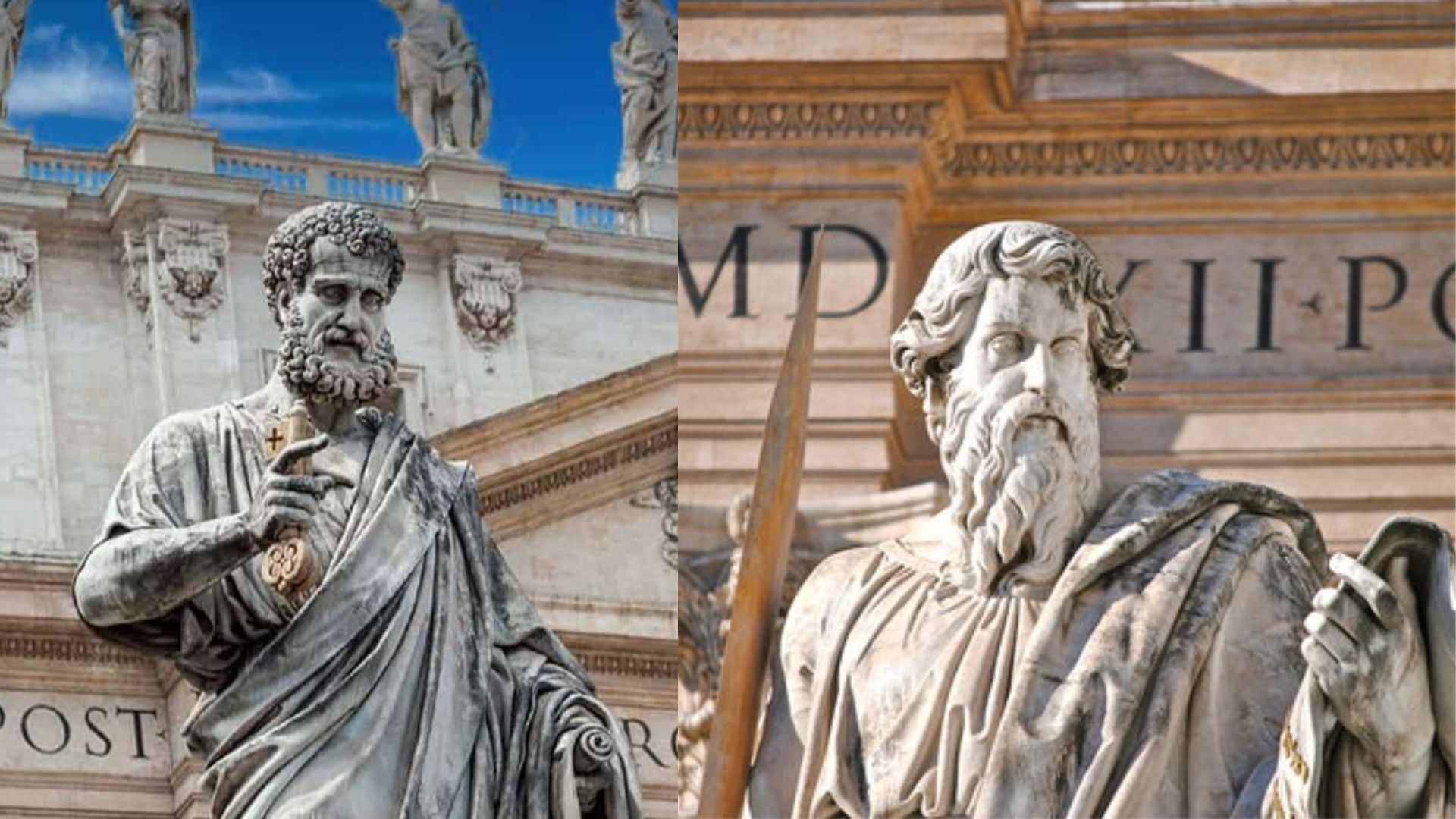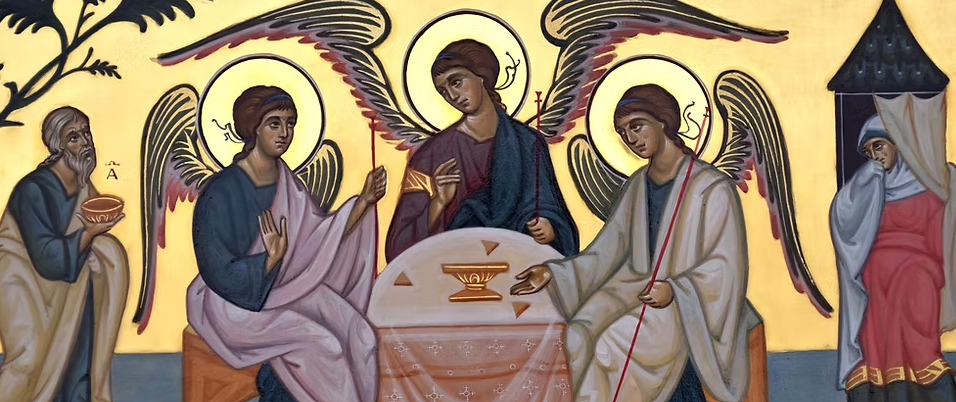Once upon a time, qualities like wisdom, prudence, and maturity were highly prized among people in positions of power and authority. In fact, it was a practice in some ancient courts in the near and far East that people of nobility would trade proverbs and aphorisms- wise sayings that helped to capture and communicate insights about life, leadership, and human nature. For mature rulers, these insights were as valued as gold or precious stones. In fact, the Old Testament includes a whole wisdom literature: the books of Ecclesiastes, Sirach, the Wisdom of Solomon, Proverbs, and the Psalms. These texts, in addition to the themes such as prudence, discretion, and humility were enriched by reflections about how we are called to live as sons and daughters of God.

When the disciples and the first Christians were trying to make sense of their experience of Jesus, his unconventional and profound parables and teachings, and the transformational effect that he had on people, they considered him to be the very embodiment of God’s Divine Wisdom. In fact, this way of speaking of Jesus was one of the first “Christologies.” This Sunday reading from the Gospel of Luke, chapter 6 includes a collection of Jesus’ wisdom lesson, versions of which also appear in the other Gospels.
In Luke’s Gospel, where he speaks of “the blind leading the blind,” of the relationships between students and teachers, and the dangers of hypocrisy, we might interpret Jesus’s instructions as a caution about how we perceive reality, and the importance of care in the ways we exercise authority and behave toward others.
At the core of each of these instructions is a call to self-awareness.
Self-awareness is the foundation for being a wise and discerning disciple, let alone a leader. But what is self-awareness? Like the light of a lamp that is lit within our minds and hearts, awareness sheds light upon what we might call the self, i.e., one’s sense of history, identity, values, strengths and weaknesses, etc. This awareness requires the capacity to turn attention “inside” oneself and to take perspective, not only as one would take a photo with a camera, but also in a way that reflects, assesses, evaluates, and interprets what we see. People who have this capacity for interiority and reflection tend to have greater maturity because they better understand how they are feeling, what motivates them, what they care most about, and what they fear. This self-understanding is a great asset to leaders because it can help a person also understand others.
But there are limits to self-awareness, just as the light of a lamp casts shadows, no matter how bright the lamp shines. These shadows or blind-spots in the self include attachments or points of pride, biases, assumptions, and unconscious elements. Every one of us has these blindspots. Just this past week in a conversation with my colleague, I found myself reacting in a defensive manner to constructive suggestions she was making. Why? She was triggering elements of attachment in me: my self estimation of my knowledge, competence, and responsibility. It wasn’t until I spent time in prayer later in the day that I realized in retrospect that these points of pride were tripped, and that in fact, I had reacted in a way that was unfair and counterproductive. And it wasn’t until I inquired about her intentions that I was able to understand that I was making assumptions about her motives, let alone her suggestions. This required a conversation that felt risky, vulnerable, and yet so valuable for improving both clarity and the level of trust between us.
The reality is that for any of us who seek to be faithful disciples, or to exercise our authority in a way that is not only effective but also wise, just, and compassionate, this inner world of leadership is at least as important as our expertise, skills, or action. The mature capacity for self-reflection, awareness of our strengths and weaknesses, and humility about the partiality of our perspectives is essential for leading any level- within our families, our teams, and our organizations. It is in large part the basis for good character, upon which right action and altruistic behaviors depend. And this capacity is one that can grow throughout our lifetime.
How? If we practice taking perspective on our experience on a daily basis using a method like the Ignatian Examen or writing in a journal, and if we ask for feedback from others and open ourselves to what light this feedback can provide such as in coaching or spiritual direction. And self-awareness is supported if we occasionally take a break from our demanding routines to make a retreat, which can help us deepen the interiority which for many of us is so hard to cultivate while we’re paying attention to everything “out there.”
As we approach Lent, how might we create some space for this interiority? In addition to the practices described above, you might be interested in gathering in a small community of prayer and sharing in the synodal style. We are happy to share with you an opportunity to join weekly Conversations in the Spirit hosted by the Ignatian Encounter Ministry (IEM). You can sign up to the time and language of your choice, receive a Zoom link and log in weekly to join a small group from all over the world for a conversation around the weekly Gospel. You can register at the following link: bit.ly/botw2025
Please continue to keep the Holy Father, Pope Francis in your prayers.
With you on the Road,




